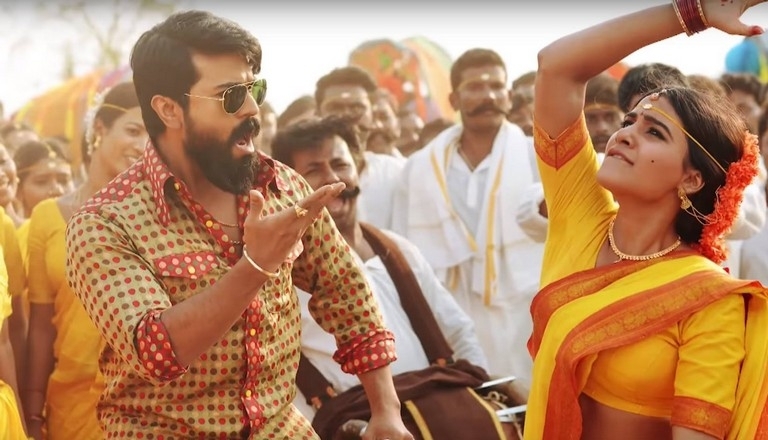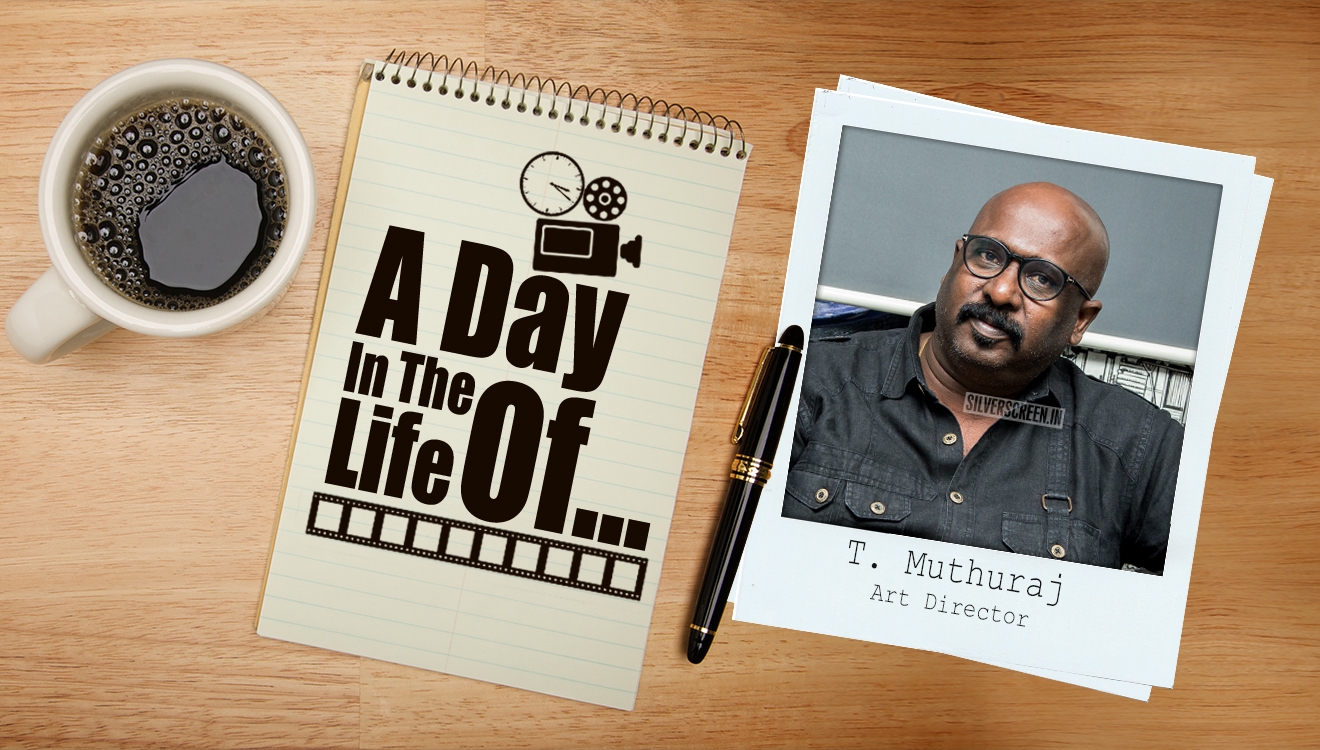For Samantha Akkineni, the newly-wed actress, Rangasthalam is considered an achievement of sorts. To us though, it presents a paradox; do we rejoice that a married actress (in a lead role opposite a peer) is treated on screen as if she were single, or rue the fact that the ‘meaty role’ she’s praised for is more about those canny camera angles?
Nearly a week on, Sukumar’s period drama Rangasthalam, starring Ram Charan and Samantha Akkineni, continues to garner applause. The appreciation is mostly directed towards the new ‘mega power star’ Ram Charan, who appears to have outdone himself. His acting, most say, is par excellence and many on social media attest that it’s perhaps his best yet. The film’s 80s setting, and the story – a classic revenge saga – has gotten a nod, too. And so has the female lead, Samantha, for doing what she does best – look cute on screen.
Most tweets on her timeline talk about how she ‘broke’ the myth that married women do not get meaty roles. That married actresses can never get a project as big as this. Surely, it is a feat for a woman to survive in the industry with lead roles despite getting married, suffixed as though it were something bad. Very few manage to sustain that, and it is a good sign that times are changing and directors are thinking otherwise.
However, while the offers might continue, the quality of roles never seems to evolve. You can’t shrug off the blatant objectification that Ramalakshmi in Rangasthalam is subjected to. While Samantha has proved her mettle in films like Eega or Neethaane En Ponvasantham, the roles in her subsequent films developed a pattern. The South Indian manic pixie dream girl, if you will. She’s cute, she’s bubbly, and also super supportive of her man, and the family they make. The ideal young mother who hopes her child turns out to be half as good as her righteous man.
There’s nothing wrong with that of course, but where’s the meat in it?
Ramalakshmi, in the trailer, comes across as a lovely village girl who enjoys working in the fields just as much as she enjoys chatting with people. Appearing visibly deglamorized, Samantha is neither meek nor gentle – washing a buffalo with gusto and working the fields under the hot sun. And yet, the only words that escape the hero’s mouth when he looks at her: “What a beauty!”
Suffice to say, a major part of Ramalakshmi’s characterisation in the film involves the camera panning towards her mouth, her lashes, her waist, and her thighs. And if that wasn’t enough, their meet-cute moment has another awkward, if not strange setting.
She’s bathing and he’s looking for a snake. He accidentally breaks open her bathroom door made of hay and leaves. She, wrapped in a towel, curses him for doing so. He doesn’t get it and is instead, enamoured by her beauty. Their meet-cute takes a turn when he doesn’t really want her to know that he’s deaf. So when he wants her to talk loudly, he pinches her waist.
That aside, there’s also an instance when their relationship is rocky, and the script-writer navigates this patch by making her launch into a song. A trope that male writers adhere to when they write from the perspective of a woman. Recently, the phenomenon gained a lot of attention when a Twitter user asked women to write about themselves in the way a male writer would – when physical attributes take precedence, something straight out of a male fantasy.
new twitter challenge: describe yourself like a male author would
— Whitney Reynolds (@whitneyarner) April 1, 2018
Case in point: the ‘Rangamma Mangamma’ song, the lyrics of which are clearly written by a man (Chandrabose) for a woman. While the hero gets lyrics that talk about his strengths or something political or metaphorical about his land, the heroine pouts her way through her lines, and sings that she’s snubbed by him despite her beauty.
While the heroine might have a mind of her own in the film, choosing her lover over her father, it all seems futile when she – marketed as a headliner in Rangasthalam– is introduced 30 minutes into the film.
However, there is redemption in Rangasthalam, in the form of another female character – Rangammattha (Anasuya Bharadwaj). She’s older, wiser, and the smartest person in the village. And while the hero’s image gets elevated scene-by-scene via scuffles and fight sequences, she gets her due eventually as the first person ever to overthrow the dictator president of the village. There’s a poignant scene where she talks about her husband, but collects herself, remembering that life must go on. And she does, inspiring other women along the way.
Then again, priorities get skewed when Pooja Hegde appears gyrating amidst drunken men at a tavern in ‘Jigelu Rani’, where it neither contributes to the plot nor features her in anything prominent apart from focusing on her belly, thighs, breasts and legs.
Rangasthalam might be an intriguing watch with revenge as its backdrop, but it still has miles to go with the portrayal of its female characters. Married or not, why can’t we simply write better roles for actresses?
*****



